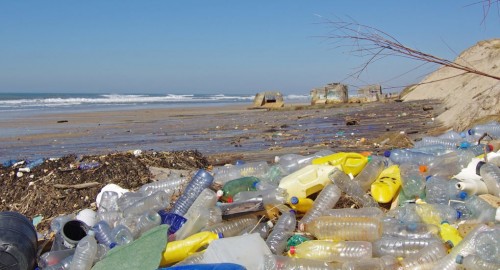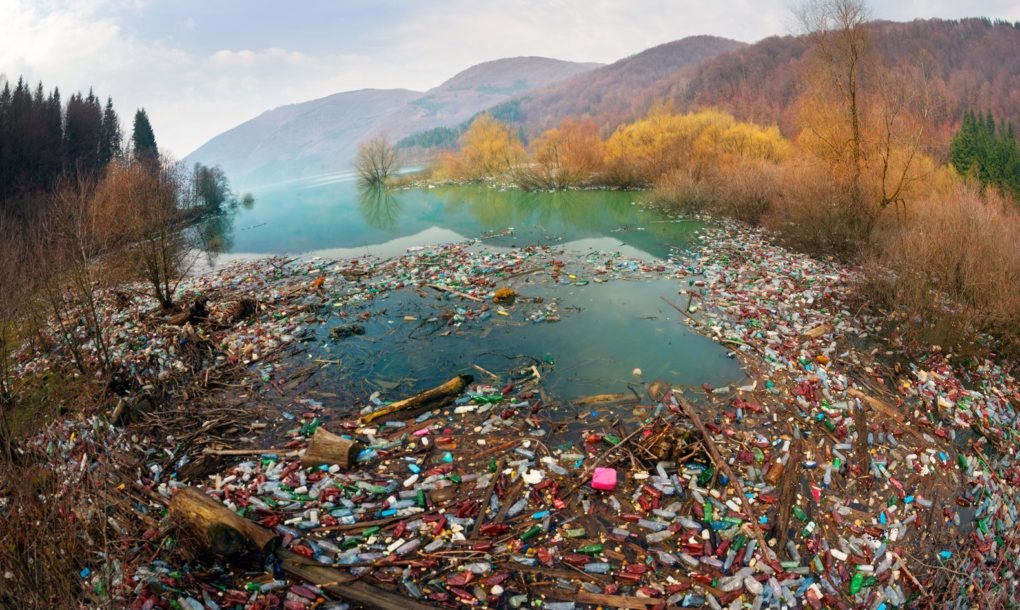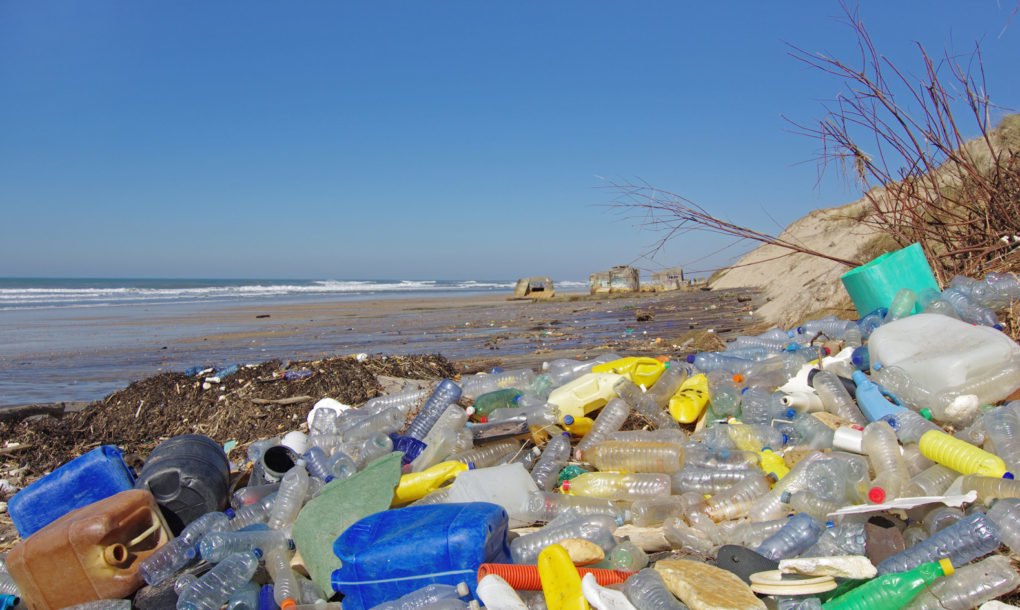RECOMMENDED VIDEOS

Trina Solar : Full Range Of Solar Modules by Trina Solar
Trina Solar (Singapore) Pte Ltd

Three key technologies - the core of Alfa Laval
Alfa Laval

Phoenix solar - Design, Build, Install Solar System
Phoenix Solar Sdn Bhd

Shandong Overseas Machinery & Equipment : EPC For Biomass…
Shandong Overseas Machinery & Equipment I/E Co., Ltd.

Nukissiorfiit Greenland hydropower
Nukissiorfiit
Related Stories
The largest solar farm apiary in the US opens this week
The City of London will be powered with 100% renewable energy by October 2018
Uravu’s zero-electricity Aqua Panels produce gallons of water from thin air
104% of Portugal’s electricity consumption in March came from renewable energy
Germany Sets New Solar Record By Meeting Nearly Half of Country’s Weekend Power Demand
18 Jun, 2018

New study suggests that plastic waste may be transformed into usable energy
Renewable Energy & Energy Efficiency | UNITED STATES | 13 Jun, 2018
Published by : Eco Media Asia
A new study from the Earth Engineering Center (EECICCNY) at the Grove School of Engineering of the City College of New York suggests that plastic waste can effectively be converted into usable fuel and energy rather than being dumped in a landfill or polluting the ocean. Researchers found that the addition of non-recycled plastics (NRPs) to a chemical recycling process known as gasification results in the production of crude oil-based fuel. It also reduces pollution, both plastic and emissions, in contrast to traditional methods of disposing of plastic waste, such as incineration or dumping.

Plastic is a product derived from crude oil and, as such, contains significant latent energy that can be harnessed using the right technology and technique. “This study demonstrates that because carbon- and hydrogen-rich plastics have high energy content, there is tremendous potential to use technologies like gasification to convert these materials into fuels, chemicals and other products,” study co-author Marco J. Castaldi told Phys.org. As concerns rise over plastic pollution, scientists are looking to reframe plastic as a resource rather than waste. “Plastics have an end-of-life use that will be turning waste into energy, which is something we all need and use,” study co-author Demetra Tsiamis told Phys.org.

Gasification uses air or steam to heat plastic waste. This results in the creation of industrial gas mixtures called synthesis gas, or syngas. This syngas can either be converted into diesel and petrol or burned directly to generate electricity. This process is preferable to incineration of plastic waste because it allows for the storage of potentially usable energy that otherwise would be wasted through incineration. Gasification is also better for air quality, producing much lower levels of sulfur and nitrogen oxide emissions.
Article from inhabitat.com
by Greg Beach
